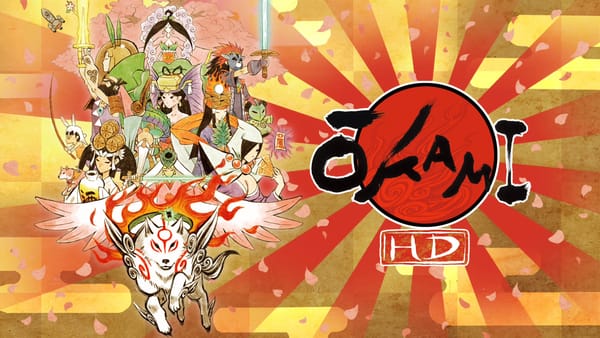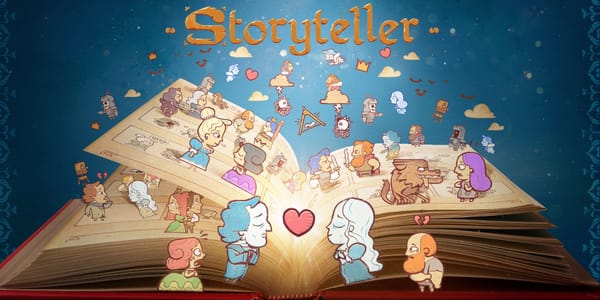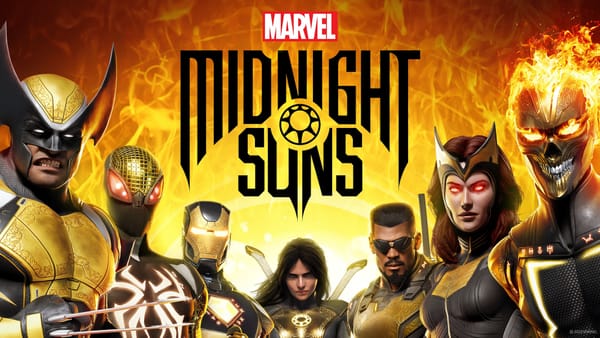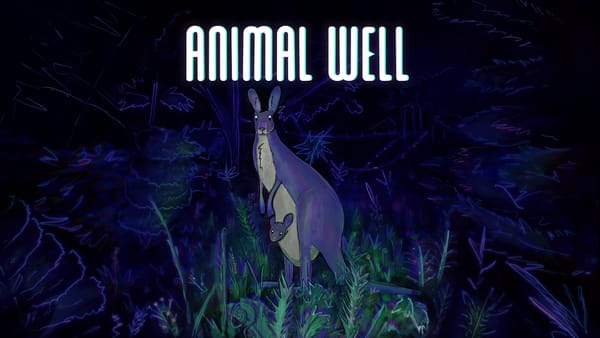Tchia and a single breath of the wild
Tchia is a musical! Tchia is Zelda! Tchia is great!
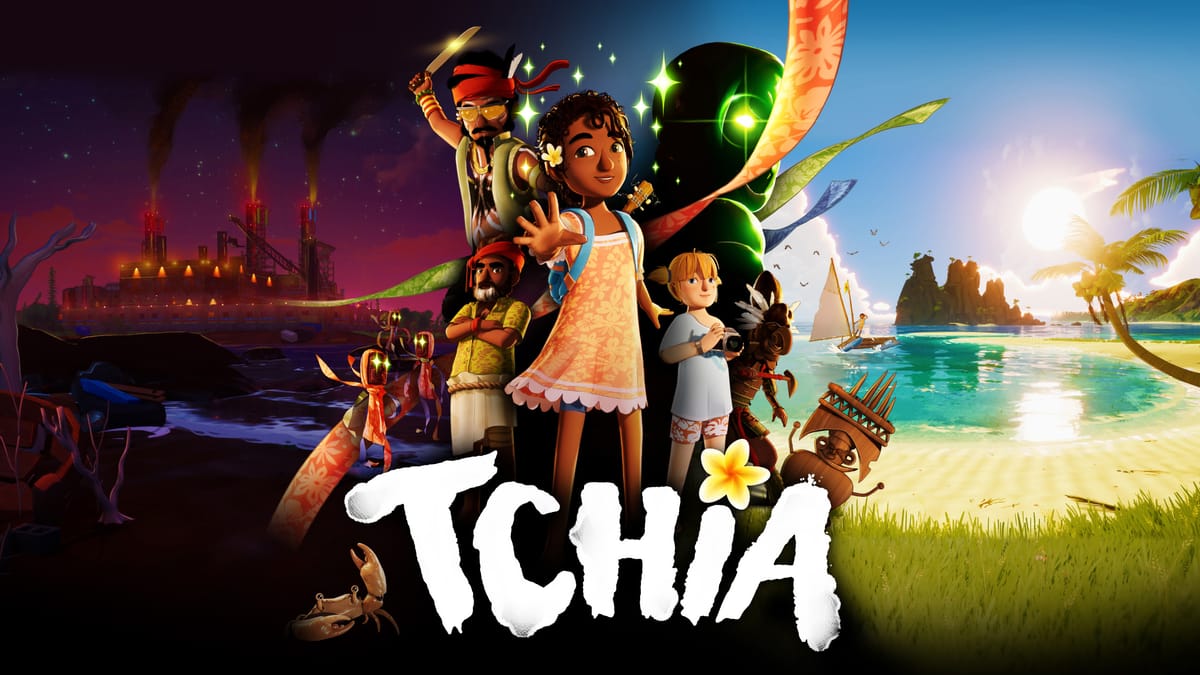
Tchia has the best music of any game in recent memory. It is also a distilled Breath of the Wild, which, if you read my thoughts on Tears of the Kingdom, you know will appeal to me.
Let’s start with the music, though, because Tchia, among other things, is also a musical.
How many games do you know that include a reprise? If you have managed to think of a game that uses a reprise, please tell me now: Did that game effectively use a reprise? Because Tchia does. The game opens with the titular Tchia and her father, climbing and swimming and cooking and making music together. If any game could ever claim to be cozy, the opening scene of Tchia certainly can. But it’s the music that sticks with you: a catchy melody sung over plucked ukulele and rhythmic swishes of dried leaves rubbed against each other. It’s as spare as instrumentation gets, but immediately you fall in love with the tune, which is a good thing, because as Tchia’s main theme, it recurs in various incarnations with different instrumentation and different intonations.1
Of course, recurring musical themes and motifs in videogame music aren’t themselves novel. But the way in which Tchia situates its songs as actual in-fiction performances, by having the game momentarily become a rhythm game while characters pull out drums or sing cliffside, has the effect of forever tying certain melodies to certain people in the player’s mind. Without spoiling anything—because Tchia’s story goes places, cute visuals or no—I found myself moved by mere invocations of a melody, in the same way that, no matter how many times I view it, I will weep with gusto during the final reprise of “Remember Me” in Coco. There’s something powerful about fusing song and character development, and Tchia knows it.
So what makes this musical a Breath of the Wild-like? It’s not like there’s a Zelda musical or anything.2
Tchia features a map that does not show your exact location. Instead, you have to rely on landmarks and physical features to get around, climbing to great heights in order to survey the land and then either glide your way toward where you want to go. Sound familiar? It is. Very familiar, in fact. That is until you straight up possess a bird and fly your way to your location instead of gliding.
The central verb in Tchia is possess. Okay, fine, they call it a Soul-Jump, but at the end of the day, you’re projecting your mind into another being and taking them over. If that’s not possession, I don’t know what is. The game takes a long time to explain why it is that Tchia has his power,3 but you probably will not care, as you’re far too happy becoming a crab, fish, or pigeon.
Like the borrowed Zelda concept of reaching a great height to survey the landscape, the possession mechanic also helps to keep the player grounded in their surroundings. Now that I am here and I want to go there, what wildlife is around me that will make it easier? Tchia, which took me fewer than 10 hours to complete, proves that the central lesson of game design in Breath of the Wild and Tears of the Kingdom is not that the world needs to be impossibly large and full of mysteries. Instead, the takeaway ought to be that the world is a series of encounters with what is around you, each leading you to the next discovery of what is at arm’s length.
If it seems I’m talking rather cagily about the content of Tchia, it’s because I think you ought to play it. Inspired by the real culture and geography of New Caledonia, the world of Tchia feels diverse without feeling forced—a necessary element of its story. It tells a moving love story that made me all sentimental about my own, prompting my wife to call me a “total sap.” It’s sweet without being cloying, and strange without being quirky. It’s well worth playing. Or at the very least, listening to on repeat.
Run, don’t walk, to Tchia’s soundtrack. You don’t even have to play the game to enjoy it. You should, but you don’t have to, is all I’m saying. ↩
Whatever is the opposite of “take note,” that is what I would like to express to Nintendo about the possibility of a Zelda musical. Don’t. ↩
Usually, I might complain about such a long build-up, but without spoiling anything, I found myself impressed by Tchia’s willingness to embrace narrative consequences, with a death so shocking that my wife and I both covered our mouths in disbelief when it happened. I can forgive a slow narrative build-up if it has this kind of payoff. ↩


